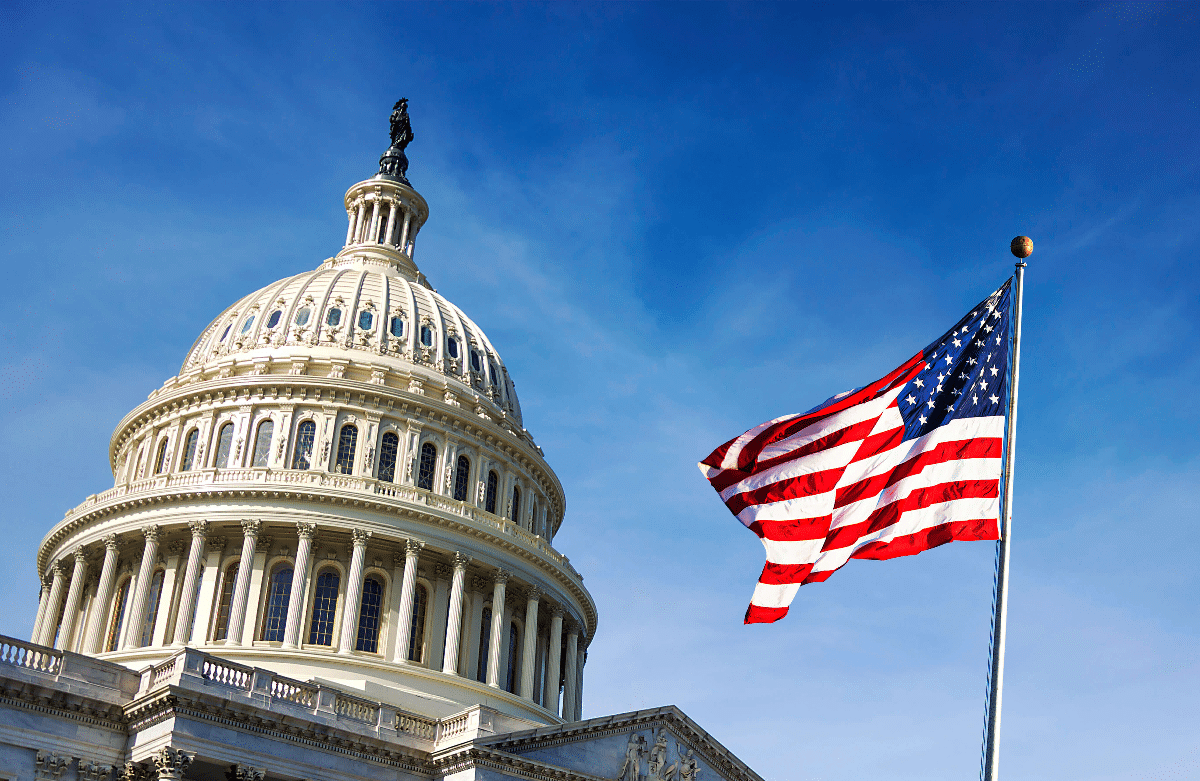US Congress Kicks Against SEC’s SAB 121 Rules in Latest Memo


The US Securities and Exchange Commission’s (SEC) latest release of its Staff Accounting Bulletin (SAB) 121 is receiving major backlash from legislators.
Making their opinions heard in a memo dated November 15, several members of the US Congress wrote to the Chairman of the FDIC Board, Acting Comptroller of the Currency Michael Hsu, and other key financial authorities.
They aim to draw attention to the SEC’s SAB 121 ruling published on April 11, 2022.
Providing context, the band of senators stated that the SAB 121 only came into public scrutiny following a Government Accountability Office (GAO) finding, which showed that the SEC’s directive was a rule meant for the Congressional Review Act.
SAB 121 is a rule introduced by the SEC, mandating financial institutions, credit unions, and banks offering crypto custodial services to keep a specified amount of funds backing their customers’ digital assets.
Countering this directive, the US Congress unequivocally stated that the SAB 121 rule should not have any legal effect on the stated financial institutions.
Hence, these entities are not mandated to acknowledge liability and corresponding asset offsets on their balance sheets.
#NEW: Chairman @PatrickMcHenry & @SenLummis led a bipartisan, bicameral letter urging the prudential regulators not to enforce #SAB121.
The letter follows a @USGAO finding that the bulletin constitutes a “rule” for purposes of the CRA.
Read more 🔗https://t.co/CpvPjt7OPI pic.twitter.com/0pdFxml0ag
— Financial Services GOP (@FinancialCmte) November 15, 2023
Providing reasons for disapproving the SAB 121 ruling, the senators stated that it was never submitted to Congress or the GAO, even though it meets the requirement of being a rule under the Administrative Procedure Act (APA).
Furthermore, SAB 121 was not published in the Congressional Record, which is the required step consistent with the Congressional Review Act (CRA).
In the event the SAB 121 rule is allowed to stand, the memo stated that it could kickstart a troubling precedent that can create regulatory gamesmanship to sidestep the APA.
This allows the SEC and other government agencies to gain regulatory authority over institutions that the US Congress has not authorized.
Rounding up the memo, the US Congress asked the FDIC Chairperson and other financial authorities to provide needed clarity and guidance to showcase that the SAB 121 ruling should not be enforceable.
Lummis and Other Senators Backing SAB 121 Annulment
Spearheading this legal tussle is pro-crypto Senator Cynthia Lummis, who first brought up the issue in August 2022.
Breaking: US Congress Unites to Challenge the @SECGov Asset Rule SAB 121 arguing this crypto specific rule is unfair.@SenLummis Good work ma’am. We support you.
“They argue that this requirement not only sets a distinct treatment for crypto holdings compared to other assets… pic.twitter.com/w7AIwmBHXi
— MartyParty (@martypartymusic) November 16, 2023
Other members of Congress, including Senator Kirsten Gillibrand and Representatives Patrick McHenry and French Hill, have also expressed their concerns about the legality of SAB 121.
Over the past two and a half years, the US SEC has significantly intensified its efforts to regulate the crypto space, coinciding with the tenure of former crypto and blockchain professor Gary Gensler as the head of the government agency.
Gensler has stated that several crypto assets are, in fact, securities and has taken legal steps against several cryptocurrency trading firms in the industry.
This regulatory approach has prompted platforms like Coinbase to explore opportunities in the UK and EU.
The Coinbase international expansion continues 🇮🇪
Ireland has been chosen for our EU MiCA hub.
Here’s why 👇 https://t.co/mpc2t2u5EI
— Coinbase 🛡️📞 (@coinbase) October 19, 2023
The centralized crypto exchange has since handpicked Ireland as its European base, seeking global expansion beyond the domestic scene.




